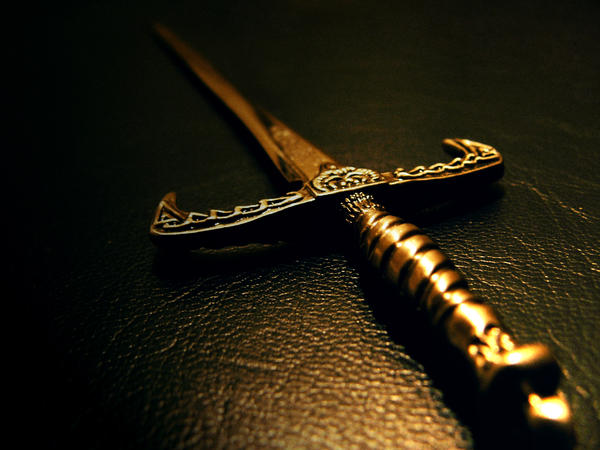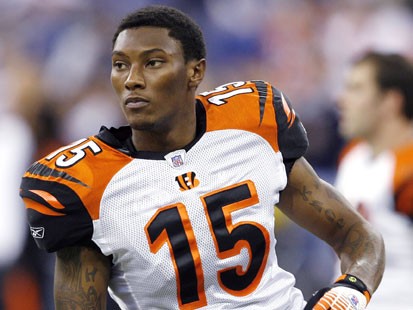 I was searching online for instances of tragedy among teammates where surviving team members have to find the resolve to continue without a fallen comrade. Death is a part of life to be certain and yet the loss of a teammate always seems awfully untimely. So then the advice begins streaming sounding much like pithy sayings and speculations about what the deceased would want. “He’d want us to go out there and compete,” we say. Actually, in all my experience of playing on sports teams I never lost one teammate to death. But I’ve lost friends to gang warfare and disease. And I’ve heard the same admonishments. Play on in honor of the fallen.
I was searching online for instances of tragedy among teammates where surviving team members have to find the resolve to continue without a fallen comrade. Death is a part of life to be certain and yet the loss of a teammate always seems awfully untimely. So then the advice begins streaming sounding much like pithy sayings and speculations about what the deceased would want. “He’d want us to go out there and compete,” we say. Actually, in all my experience of playing on sports teams I never lost one teammate to death. But I’ve lost friends to gang warfare and disease. And I’ve heard the same admonishments. Play on in honor of the fallen.
The funny thing is that with all of its hackneyed familiarity, I believe people now when they say, we’ve got to go on because that’s what ____________ would want us to do if he were here. The Cincinnati Bengals’ Chris Henry is gone and no one will ever know what his wishes were for his team at this point in the season. Henry was taken from this world at only 26 years old. The Bengals are two wins away from securing a playoff birth and I said to myself while watching Sportscenter, “Would I want my team to stop competing because I died?” The answer was easy. No! I’m like everybody else who spent formative years honing a craft and trying to win as an expert within that realm. If I died prematurely and had access to team members from beyond I’d say, “Go to work. Do what you’re trained to do.” Death is a grim reality. And it’s not so much unnatural as much as it is jarring because of its abruptness. It shocks and disrupts but if we honor the life of those who once flanked us, we’ll demonstrate it by Playing Through.

 Tweet yes or no if you’re a professional athlete who’s been busted by your respective association or league for “Tweeting” before, during or after a game. Hold on. That could cost $7,500. If you’re at the arena, put your phones away. The NBA has cracked down along with the NFL on players using the web networking service Twitter to update their followers with untimely or inappropriate content about their professions. The most recent citation in the NBA was issued to rookie sensation Brandon Jennings of the Milwaukee Bucks for Tweeting: “Back to 500. Yess!!! “500” means where doing good. Way to Play Hard Guys.”
Tweet yes or no if you’re a professional athlete who’s been busted by your respective association or league for “Tweeting” before, during or after a game. Hold on. That could cost $7,500. If you’re at the arena, put your phones away. The NBA has cracked down along with the NFL on players using the web networking service Twitter to update their followers with untimely or inappropriate content about their professions. The most recent citation in the NBA was issued to rookie sensation Brandon Jennings of the Milwaukee Bucks for Tweeting: “Back to 500. Yess!!! “500” means where doing good. Way to Play Hard Guys.”  Cincinnati Bengals receiver Chris Henry died early this morning from injuries suffered after falling from his fiancee’s truck bed. Apparently Henry and Loleini Tonga had been having a domestic dispute prior. The sports journalists will cover the details of this tragedy similar to how they did when Steve McNair was murdered on July 4, 2009 by his mistress. But for our purposes I’m more saddened than anything because Henry was 26, had been injured for 5-weeks and was probably beginning to appreciate an NFL career that was in jeopardy.
Cincinnati Bengals receiver Chris Henry died early this morning from injuries suffered after falling from his fiancee’s truck bed. Apparently Henry and Loleini Tonga had been having a domestic dispute prior. The sports journalists will cover the details of this tragedy similar to how they did when Steve McNair was murdered on July 4, 2009 by his mistress. But for our purposes I’m more saddened than anything because Henry was 26, had been injured for 5-weeks and was probably beginning to appreciate an NFL career that was in jeopardy. Kendrick Perkins (Boston Celtics), Anfernee (Penny) Hardaway (former NBA star), Baron Davis (Los Angeles Clippers) and even legendary Phoenix Suns star and current mayor of Sacramento Kevin Johnson were all raised by grandparents. There’s a phenomenon among professional basketball players of being born to parents incapable of providing for them. The list of reasons for this range from the inexperience of teen parents to abandonment and beyond. I shouldn’t even speculate.
Kendrick Perkins (Boston Celtics), Anfernee (Penny) Hardaway (former NBA star), Baron Davis (Los Angeles Clippers) and even legendary Phoenix Suns star and current mayor of Sacramento Kevin Johnson were all raised by grandparents. There’s a phenomenon among professional basketball players of being born to parents incapable of providing for them. The list of reasons for this range from the inexperience of teen parents to abandonment and beyond. I shouldn’t even speculate.